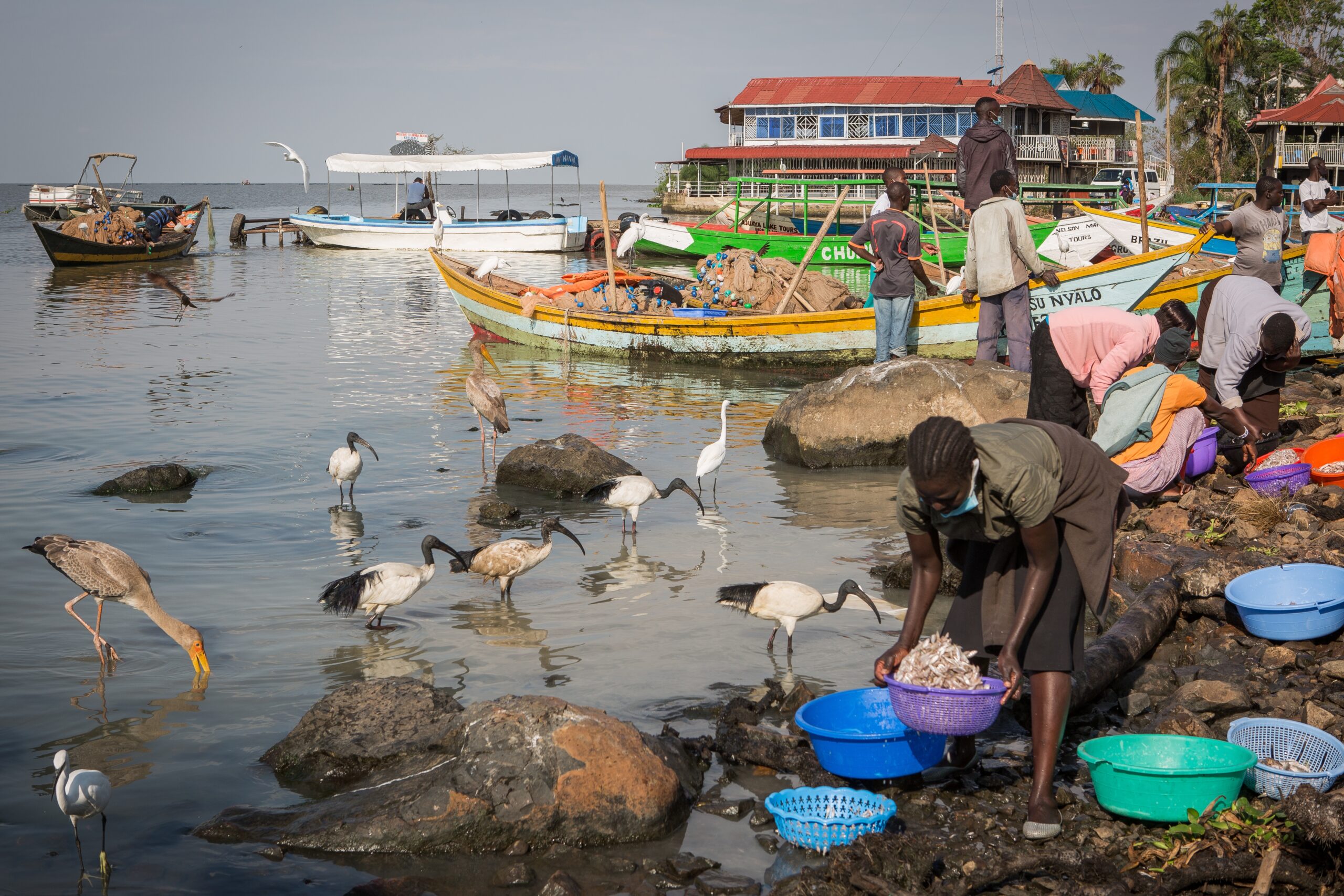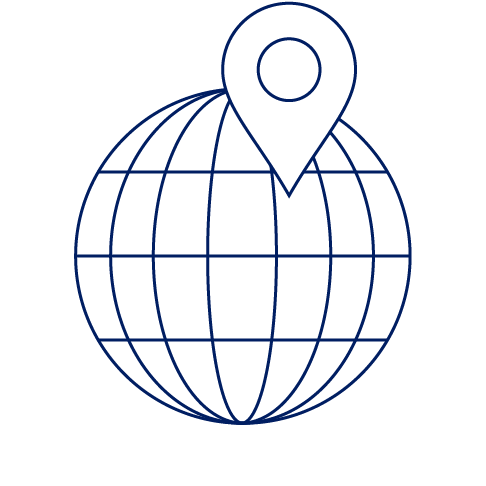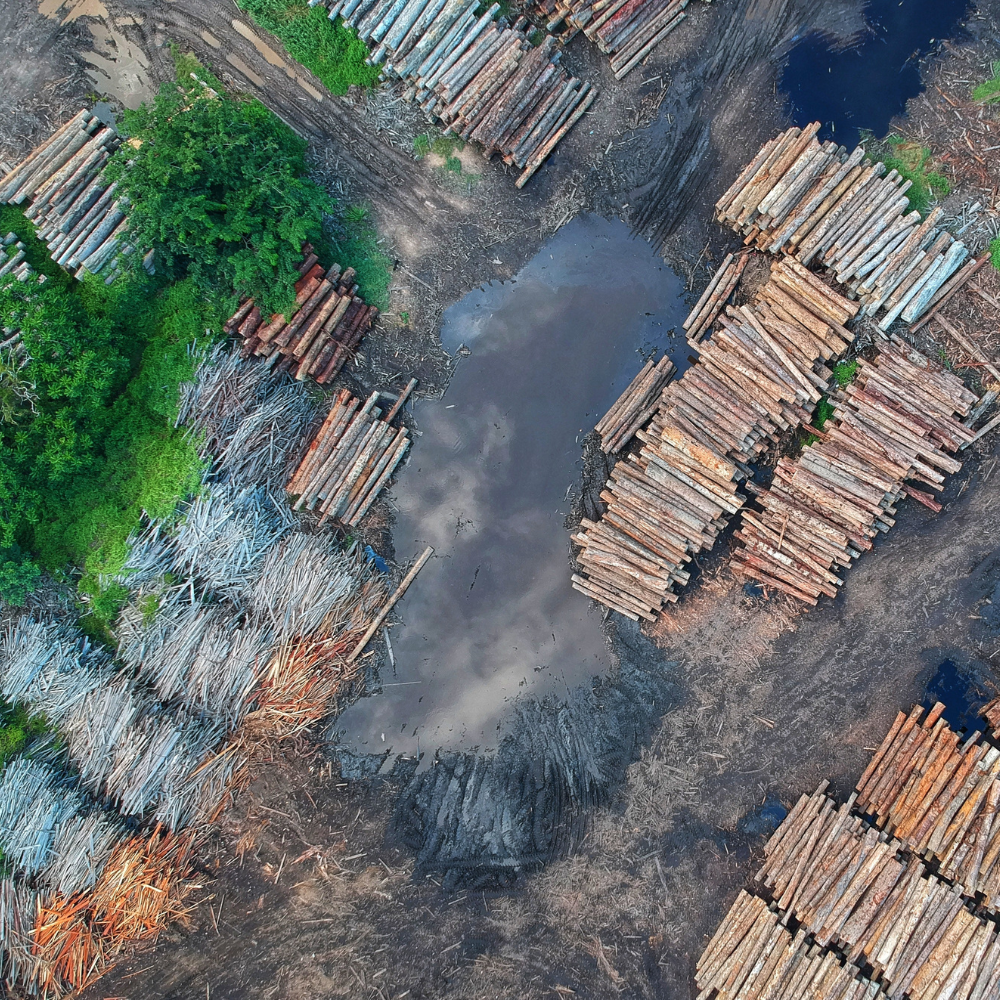Guardians of the coast: analysing the impact of foreign fishing on African coastal communities
Utilising remote sensing to understand the consequences of state-supported marine resource extraction

In recent decades, the livelihoods of Africans have been severely impacted by state-supported foreign entities extraction of natural resources, a challenge that has been exacerbated by weak and corrupt governance. Marine biological resources are vital because they provide nutritional value to poor communities that are not fully integrated into global economic trades. This project aims to investigate the impact of marine biological resource extraction on the economic development and welfare of coastal communities in Africa.
COASTAL AFRICA




